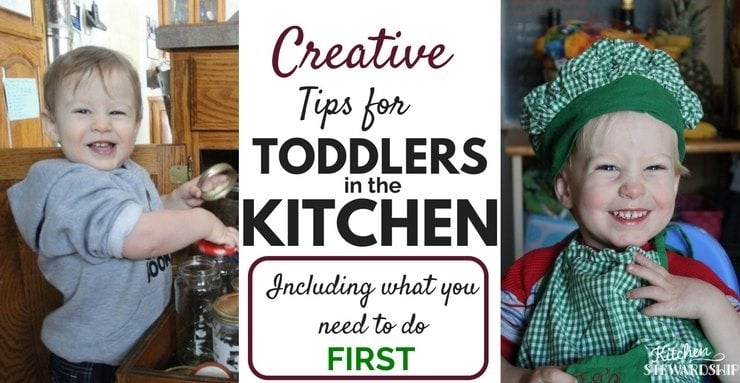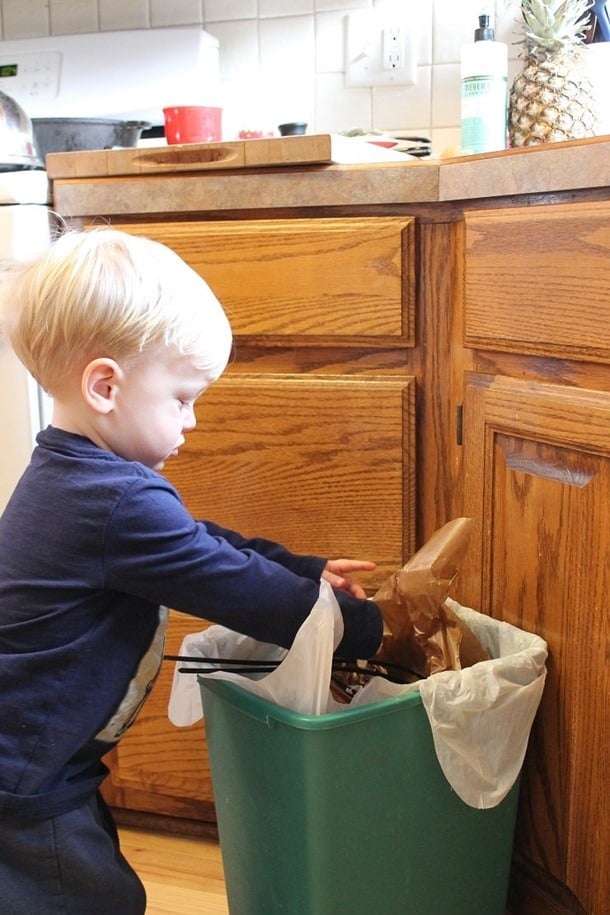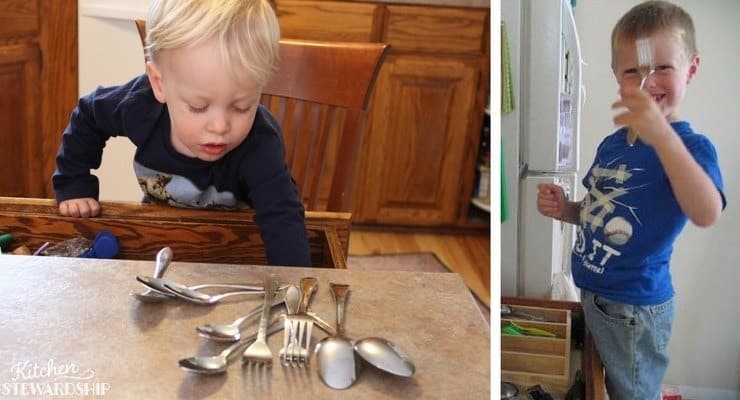Bringing toddlers into the kitchen isn't just about creating a mess or filling time; it's a foundational activity that establishes good eating habits, nurtures independence, and builds essential life skills. From the earliest age, having little ones at your feet while you cook can seem challenging, but it's also abundantly rewarding. Teaching kids to cook and engage with food prepares them for healthier lifestyles and provides invaluable bonding moments. This guide will help you turn kitchen chaos into a fun, educational experience that your toddler will love, paving the way for a lifetime of healthy eating and cooking enthusiasm.
Starting with activities like forming a tasting committee or throwing away peels involves toddlers in the kitchen in practical, safe ways. A tasting committee makes them feel important and part of the meal preparation process, encouraging them to try new foods and flavors. On the other hand, tasks like peeling garlic or sorting silverware are not only fun but also help develop their motor skills. These activities keep them engaged, teach them about different foods and kitchen tools, and instill a sense of responsibility and accomplishment from a young age.

- Kids participating in their first kitchen activities ensures a foundation for good food habits and independence. Source: Katie Kimball - kidscookrealfood.com
As toddlers become more competent, their kitchen tasks can evolve. Letting them help with emptying the dishwasher, for example, might test your patience and willingness to embrace imperfection, but it's a fantastic way to build their confidence and competence. With guidance, they can learn to carry and set the table, further enhancing their sense of involvement and capability. These tasks are about more than just helping out; they're about developing a mindset of cooperation and contribution that will serve them well beyond the kitchen.

- Toddlers learning to clean up and engage with foods by throwing away garlic peels. Source: Katie Kimball - kidscookrealfood.com
Introducing more advanced activities, such as cutting soft foods with safe utensils or practicing pouring with dry items, further refines toddlers' fine motor skills and independence. These tasks, which might seem simple to adults, are significant challenges that stimulate a child's cognitive and motor skill development. Moreover, these activities also encourage problem-solving and creativity, as children learn how to handle tools correctly and understand the concept of quantities and measures. Engaging toddlers in these tasks can turn mundane cooking preparations into exciting learning opportunities.

- Young children demonstrating responsibility by sorting silverware, a step towards mastering kitchen tasks. Source: Katie Kimball - kidscookrealfood.com
The kitchen offers a rich environment for toddlers to explore and learn. Encouraging them to get involved doesn't only help in building practical life skills; it also fosters a sense of belonging and importance. Each spilled grain of rice or misplaced fork is a step towards independence and mastery of the world around them. By embracing the mess and recognizing the learning opportunities in every task, from the most mundane to the more complex, we can guide our toddlers towards becoming confident, capable individuals. Remember, it's not just about the food—it's about the skills, independence, and joy they discover along the way.
